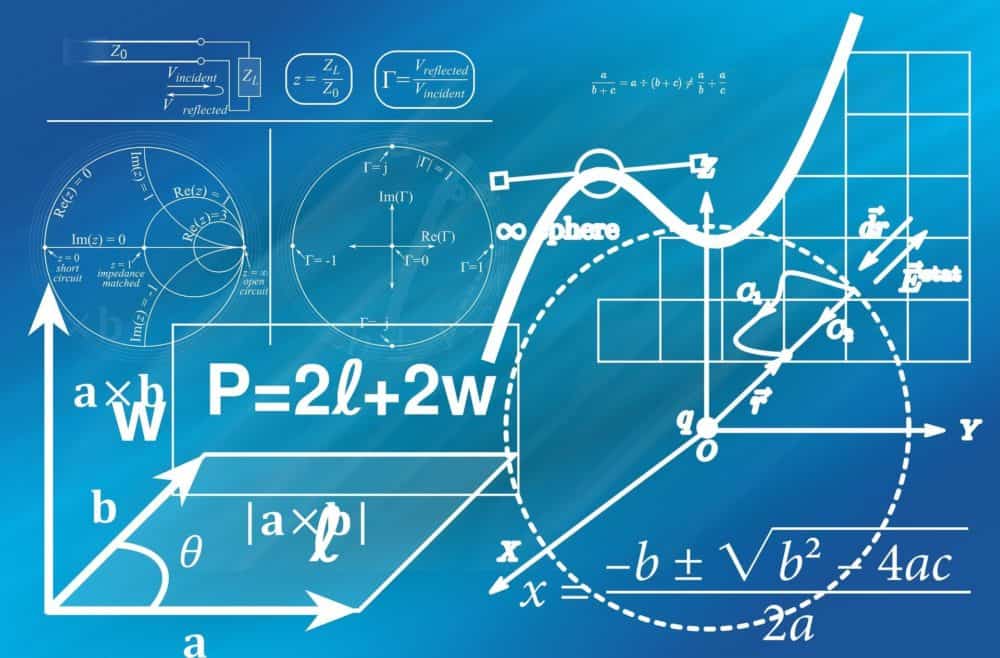Contents
While math geniuses insist math is fun, most students don’t agree with it. In fact, statistics shows that many American highschoolers are failing math. But with the rapid advancement of technology, there are countless resources available that can help make math education more engaging and learning more effective for students. In this article, we will explore some of the most effective tools and resources that help kids develop their math skills.
The Importance of Incorporating Technology in Math Education
Incorporating technology in math education is essential for several reasons.
- Enhances Learning: Technology can provide interactive and engaging learning experiences for students. This, in turn, can enhance kids’ understanding and retention of mathematical concepts.
- Enables Personalized Learning: Technology can allow students to work at their own pace and level, providing personalized learning experiences.
- Provides Access to Resources: Technology provides students with access to a wide range of resources, such as videos, simulations, and online tutorials, that can support their learning.
- Develops Critical Thinking Skills: Technology can encourage students to think critically and creatively when solving mathematical problems.
- Prepares Students for the Future: Technology is an essential tool in many industries and professions. By incorporating technology in math education, students can develop the skills they need to succeed in the modern workplace.
- Increases Engagement: Technology can make learning math more fun and engaging for students, especially for those who may struggle with traditional teaching methods.
Math Tools and Resources for Kids
Incorporating technology into math education can offer several benefits to both teachers and students. Here are some math tools for kids that can help:
1. Interactive Whiteboards
An interactive whiteboard is a tool that allows teachers to project their computer screen onto a large display. With this tool, teachers can create interactive lessons with visual aids, animations, and videos. Students can also use the whiteboard to solve math problems and participate in classroom activities.
2. Online Math Games
Online math games are interactive activities that can help students practice math skills while having fun. These games can be used as a form of homework or as a reward for good behavior in the classroom. The examples of online math games include:
- Prodigy Math Game – a free math game that allows kids to practice math skills while playing an adventure game.
- Math Playground – an online platform with a variety of math games for kids that covers topics like addition, subtraction, multiplication, and division.
- SplashLearn – an educational website with interactive math games for kids from kindergarten to grade 5.
- Coolmath Games – a website with a collection of fun math games for kids to practice various math concepts.
3. Math Apps
Math apps are mobile applications that can help students learn math concepts in a fun and interactive way. These apps can be used on tablets or smartphones, which makes them a convenient tool for using at home or in the classroom. Some of the good math apps for kids are:
- Khan Academy Kids – This app covers math topics from counting to addition and subtraction and even geometry for kids aged 2 to 7.
- DragonBox – This app makes learning algebra fun for kids by using a game-based approach that gradually introduces algebraic concepts.
- Mathseeds – This app is designed for children aged 3 to 9 and covers early math concepts such as counting, addition, subtraction, and problem-solving.
- Moose Math – This app covers early math concepts for children aged 3 to 7, including counting, addition, subtraction, sorting, and geometry.
4. Math Websites
There are several websites that offer resources and activities for kids math learning online. These websites can provide lessons, offer practice exercises, and even allow students to connect with tutors. With math websites like Brighterly, students can have one-on-one private lessons, enjoy interactive learning, and get resources like worksheets to improve their math skills.
5. Online Math Communities
Online math communities are some of the best math resources for kids. They are online platforms where math teachers and learners can connect, share ideas, and collaborate on math problems. Some examples of online math communities include Math Stack Exchange, MathOverflow, and Math Forum.
Final Thoughts
incorporating technology in math education can be an effective way to enhance learning and engagement for kids. With the use of various tools and resources, such as educational apps, online math games, and interactive whiteboards, students can learn math in a more fun and interactive way. These tools provide immediate feedback, personalized learning experiences, and the ability to practice math concepts in a safe and supportive environment.


Leave a Reply